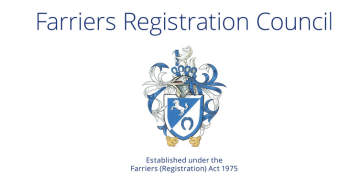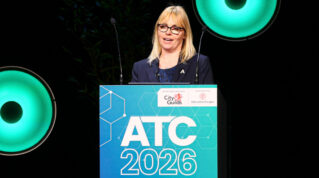Apprenticeships are failing to reach their social mobility “potential” and must be better targeted at the most disadvantaged, the Social Mobility Commission has said.
In its state of the nation report for 2021, published today, the commission says government should do this by using the levy to incentivise employers to provide more traineeships and level 2 to 4 apprenticeships, while also moving higher level apprenticeships into social mobility coldspots.
It comes just two months after skills minister Gillian Keegan admitted the Department for Education is still worried about a “middle-class grab” on apprenticeships – where typical university-goers are squeezing out those from disadvantaged backgrounds.
Today’s Social Mobility Commission report states that policymakers and employers alike often talk about apprenticeships as if it is an “incontestable social mobility tool helping the disadvantaged”.
But “this is not the case”, the commission, which is an independent advisory non-departmental public body, warns.
It continues: “Poorer apprentices were less likely to get onto schemes and were more likely to be clustered in lower returning and lower-level apprenticeships than their peers from higher socio-economic backgrounds.
“Disadvantaged apprentices face gaps at literally every stage of the system – from access to levy funding, quality to attainment and progression to pay.”
And when Covid-19 hit, younger apprentices from lower socio-economic backgrounds were particularly likely to have been in sectors which saw apprenticeship declines, for example in hospitality.
The pandemic has further exacerbated the pre-existing trend towards higher apprenticeships, with higher apprenticeships rising from 18 per cent of starts from August to January in 2018-19 to 32 per cent in the same period in 2020-21. This further reduces opportunities for learners from low socio-economic backgrounds who are less likely to be on these courses, the report warns.
The commission slams the DfE for its lack of “monitoring data” which is needed to provide further analysis on apprenticeships.
“The levy should no longer be used as an alternative route for degree qualifications for more privileged staff,” the report concludes.
Responding to the report, Association of Employment and Learning Providers chief executive Jane Hickie said: “The case is growing to extend the employer incentives for recruiting young apprentices as part of a more targeted approach.
“The government confirmed yesterday that Kickstart won’t accept any more new starts after December but this still leaves a 6-month window in the first half of 2022 when we should be progressing the final cohorts of Kickstarters on to apprenticeships or traineeships and here a continuation of the incentives could make a really positive difference.”
Also recommended for further education in the report is a “Student Premium” for those aged 16 to 19, which would mirror the pupil premium currently used in schools.
The report goes on to label technical education as the “unsung hero of social mobility” and hits out at the government for allowing the sector to be “under-resourced, over-balanced with disadvantaged students and tasked with catching students up on basic academic qualifications (primarily English and maths) while also administering high quality trade-based courses”.
It says the government’s package of £400 million in 2019 for 16 to 18 education fell “far short of what the sector needs” and criticised the white paper for exhibiting “siloed ways of working” which cuts out other government departments.
A DfE spokesperson said: “To help businesses offer apprenticeships, we have increased our incentive payments to £3,000 for newly recruited apprentices and extended this until the end of September 2021, as part of the Plan for Jobs.
“We continue to pay additional funding to employers and training providers to support them to take on young apprentices, apprentices with learning difficulties and disabilities, and care leavers.”
















Bottom line is that if social mobility is worsening, then the social mobility commission is failing. Churning out buzzword laden reports doesn’t appear to be having much effect.
It feels as though they prefer the sound of their own words above analysing how effective they are as an organisation: ‘In our landmark report’ (who decided it’s a landmark!), ‘we exposed…’ (what effect did that exposure have?), ‘ultimately, it benefits everyone in society when we are all better off.’ (print more money? take on more debt?)
And what is the end point? at what point will there be no need for a social mobility commission…?
UVAC is curious about both the Social Mobility Commission’s view (and previously the Sutton Trust’s view) of the apprenticeship system. Neither organisation seems to understand the current purpose of apprenticeships in England. What about the progression ladder after level 2 and level 3 achievement? We have made a detailed response HERE: https://uvac.ac.uk/social-mobility-commission-report-uvac-response/